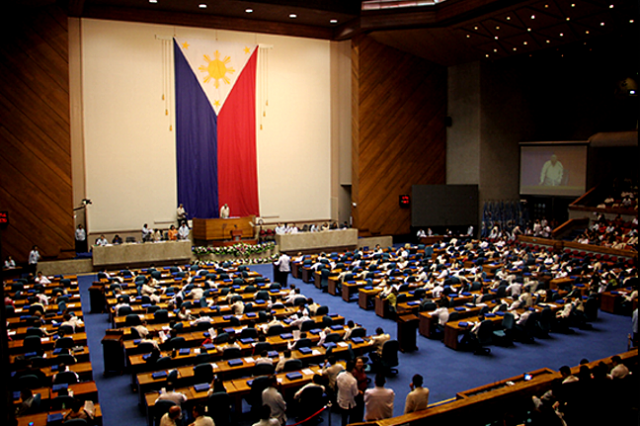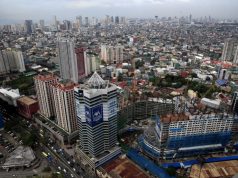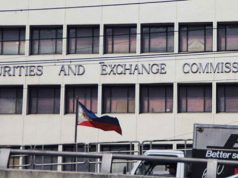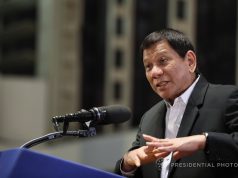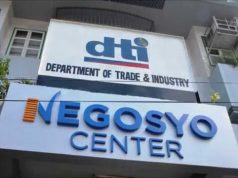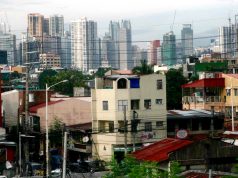MANILA, Philippines – The Senate and House of Representatives have consolidated the bill that would improve the ease of doing business and reduce red tape in the country.
The report of the bicameral committee for the proposed “Ease of Doing Business and Efficient Government Service Delivery Act of 2018” will be ready for ratification next week, then for signature by President Rodrigo Duterte.
The bill will amend and expand Republic Act No. 9485 or the Anti-Red Tape Act of 2007.
The consolidated bill covers business and non-business-related transactions from all government offices and agencies, including local government units (LGUs), government-owned or controlled corporations (GOCCs) and other government instrumentalities, whether located in the Philippines or abroad.
It will further reduce the prescribed processing time for transactions with the following schedules:
a. simple transactions from five (5) to three (3) working days;
b. complex transactions from ten (10) to seven (7) working days; and
c. highly technical applications to twenty (20) working days.
A key amendment delves on the “zero-contact policy” provision, which states that “except during the preliminary assessment of the request and evaluation of sufficiency of submitted requirements, no government officer or employee shall have any contact, in any manner, unless strictly necessary, with any applicant or requesting party concerning an application or request.”
“This provision minimizes the chance of corruption among government workers and ensures the prompt filing and processing of the applicants’ requirements from the get-go,” Nograles said.
The bill will also institutionalize the streamlined procedures for the issuance of local business licenses, clearances, and permits. It states that a single or unified business application form will be used in processing new application or business permits and business renewals which consolidates all the information of the applicant or request party by various local government departments.
This covers local taxes and clearances, building clearance, sanitary permit, zoning clearance, and other specific local government unit requirements, including the fire clearance from the Bureau of Fire Protection (BFP).
The Ease of Doing Business and Efficient Government Service Delivery Act directs all local government units to set up a one-stop business facilitation service or “business one stop shop.” It will receive and process manual and/or electronic submission of application for license, clearance, permit or authorization.
The business one stop shop will feature the co-location of the offices of the treasury, business permit and licensing office, zoning office, BFP, and other relevant departments engaged in starting a business or dealing with construction permits.
Under the measure, local government are mandated to automate their business permitting and licensing system or set up an electronic business one stop shop within a period of three years upon enactment.
To lessen the transaction requirements, other local clearances such as, but not limited to, sanitary permits, environmental and agricultural clearances will be issued together with the business permit. The business permit will have a validity of one year.
Meanwhile, barangay clearances and permits related to doing business will be applied with, issued and collected by the city/municipality in accordance with the prescribed proceeding time of the Act, provided, that the share in the collections will be remitted to the respective barangays.
The Department of Information and Communications Technology is also tasked to establish a central business portal and Philippine Business Databank for the purpose of eliminating red tape and avoiding graft and corrupt practices.
The central business portal will serve as the central system to receive applications and capture application data involving business-related transactions, including primary and secondary licenses, and business clearances, permits or authorizations issued by LGUs.
On the other hand, the Philippine Business Databank will provide the concerned government agencies and LGUs access to data and information of registered business entities for purposes of verifying the validity, existence of and other relevant information pertaining to business entities.
All concerned government agencies and LGUs are mandated to either link their own database with the system or periodically submit to the system updates relevant to the information registered with them.

